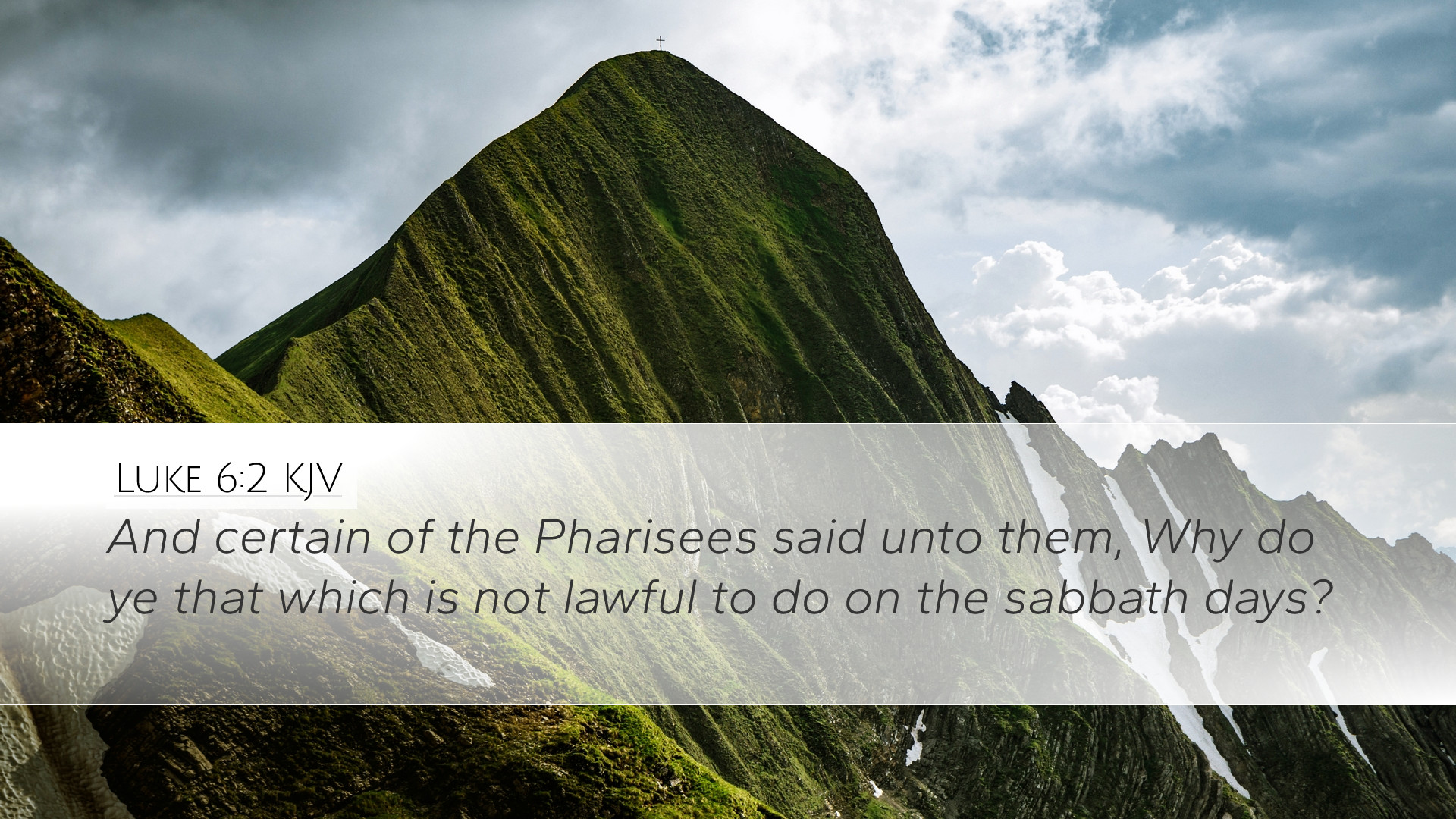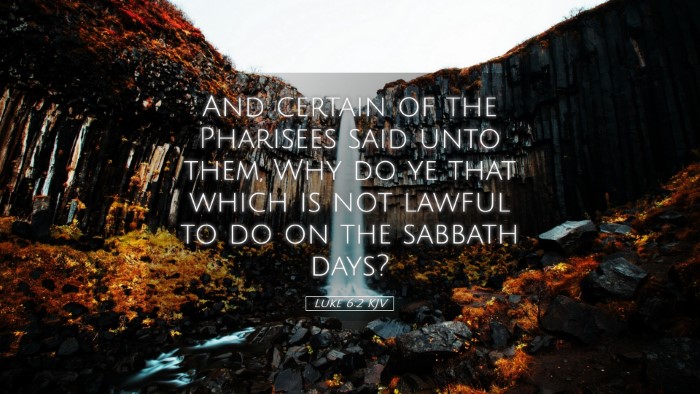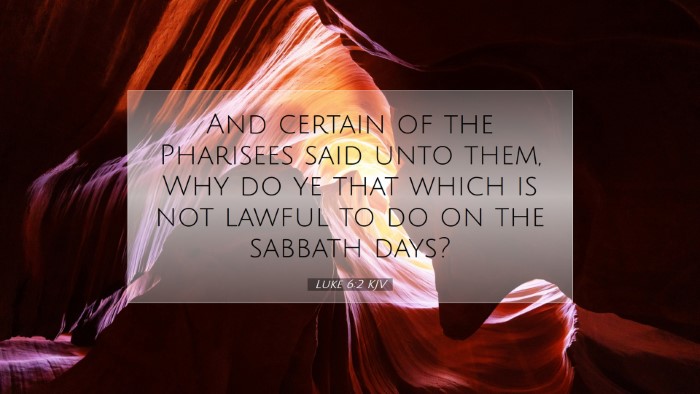Old Testament
Genesis Exodus Leviticus Numbers Deuteronomy Joshua Judges Ruth 1 Samuel 2 Samuel 1 Kings 2 Kings 1 Chronicles 2 Chronicles Ezra Nehemiah Esther Job Psalms Proverbs Ecclesiastes Song of Solomon Isaiah Jeremiah Lamentations Ezekiel Daniel Hosea Joel Amos Obadiah Jonah Micah Nahum Habakkuk Zephaniah Haggai Zechariah MalachiVerse
Luke 6:1 Luke 6:2 Luke 6:3 Luke 6:4 Luke 6:5 Luke 6:6 Luke 6:7 Luke 6:8 Luke 6:9 Luke 6:10 Luke 6:11 Luke 6:12 Luke 6:13 Luke 6:14 Luke 6:15 Luke 6:16 Luke 6:17 Luke 6:18 Luke 6:19 Luke 6:20 Luke 6:21 Luke 6:22 Luke 6:23 Luke 6:24 Luke 6:25 Luke 6:26 Luke 6:27 Luke 6:28 Luke 6:29 Luke 6:30 Luke 6:31 Luke 6:32 Luke 6:33 Luke 6:34 Luke 6:35 Luke 6:36 Luke 6:37 Luke 6:38 Luke 6:39 Luke 6:40 Luke 6:41 Luke 6:42 Luke 6:43 Luke 6:44 Luke 6:45 Luke 6:46 Luke 6:47 Luke 6:48 Luke 6:49

